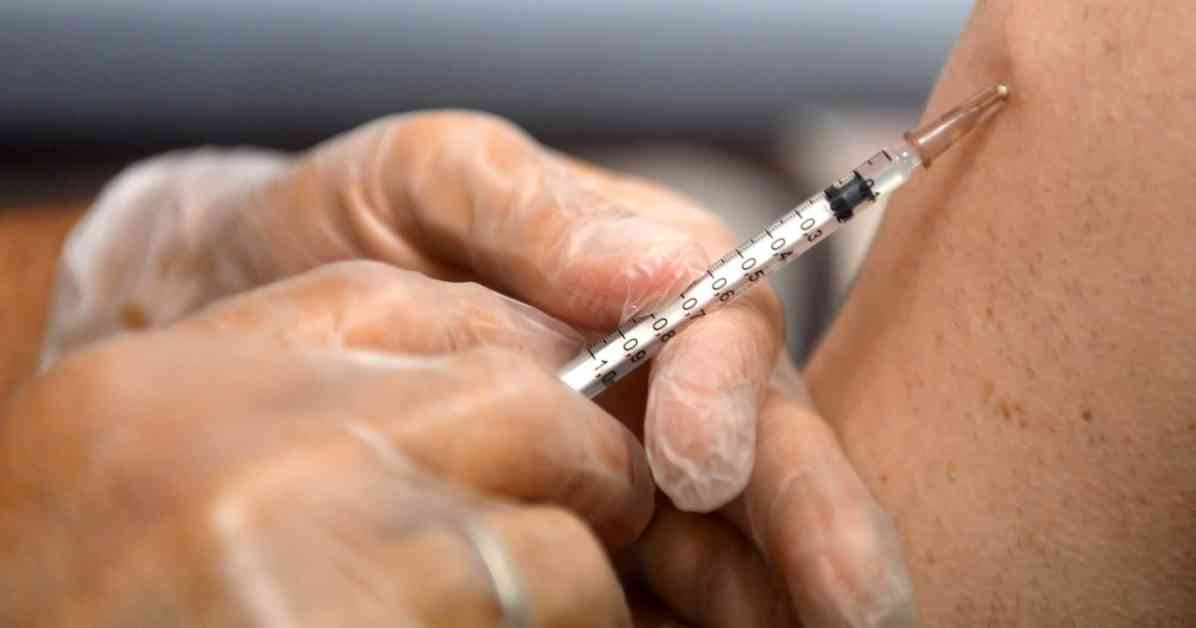Several Asian nations are strengthening their border controls in response to a new, more deadly variant of the mpox virus. The new strain, known as Clade 1b, has been detected in Sweden and Thailand, marking the first cases outside of Africa. The outbreak, which originated in the Democratic Republic of Congo, has already claimed hundreds of lives in the region.
In an effort to combat the spread of the new variant, enhanced health measures have been introduced or are set to be implemented in Thailand, Singapore, South Korea, Indonesia, the Philippines, and Malaysia. These measures include increased screenings for arrivals, such as temperature checks, and some countries are preparing to quarantine individuals who show symptoms of the virus.
Thailand recently confirmed a case of the new dangerous strain of mpox. The infected individual, a 66-year-old European man, arrived in Bangkok from an African country on August 14. He had minimal contact with others since his arrival, and health authorities are closely monitoring 43 individuals who may have been in contact with the patient. Additionally, Thailand now requires travelers from 42 “risk countries” to undergo testing upon arrival.
As border controls are ramped up in Asia, concerns about the new mpox variant continue to grow. Countries like India, Indonesia, China, South Africa, Kenya, Nigeria, and Pakistan have implemented various measures to protect travelers and prevent the spread of the virus. From enhanced airport surveillance to testing procedures for incoming travelers, these nations are taking proactive steps to contain the outbreak.
In response to the mpox outbreak in Africa, the UK has stepped up its support by announcing £3.1m in funding for a partnership with UNICEF. This funding will benefit over 4.4 million people in affected communities and help prevent the further spread of the virus to neighboring countries. The World Health Organization has declared the upsurge of mpox in the DRC and other African countries as a public health emergency of international concern.
Meanwhile, Danish biotech company Bavarian Nordic has seen a surge in its shares as nations mobilize to combat the escalating mpox outbreak. The company’s mpox vaccine, Jynneos, has received a large order of 440,000 doses from an undisclosed European country. This vaccine is the only shot authorized for use against the virus in the US and EU, generating significant revenue for the company.
The United Nations International Organization for Migration (IOM) has appealed for $18.5 million in assistance to provide healthcare services to those impacted by the mpox outbreak in East and Southern Africa. The spread of the virus across the region poses a significant threat to vulnerable populations and displaced communities, highlighting the need for urgent support.
In Guernsey, health officials are closely monitoring the mpox outbreak after a case of the clade 1 variant was detected in Sweden. While there are currently no travel restrictions in place, countries across the globe are ramping up their efforts to prevent the spread of the virus. With symptoms typically appearing 5 to 21 days after infection, early detection and containment measures are crucial in combating the outbreak.
As the world grapples with the spread of the new mpox variant, solidarity and support are essential in addressing the global health emergency. Travel bans have not been recommended, with health officials in Africa emphasizing the need for cooperation and assistance rather than isolation. By working together and providing necessary resources, countries can effectively combat the spread of the virus and protect vulnerable populations.
In conclusion, the outbreak of the new mpox variant has prompted countries to implement enhanced border controls and health measures to prevent further spread. With cases detected outside of Africa, the global community must work together to contain the outbreak and provide support to affected regions. From increased screenings to vaccine development, concerted efforts are needed to combat the deadly virus and protect public health.












